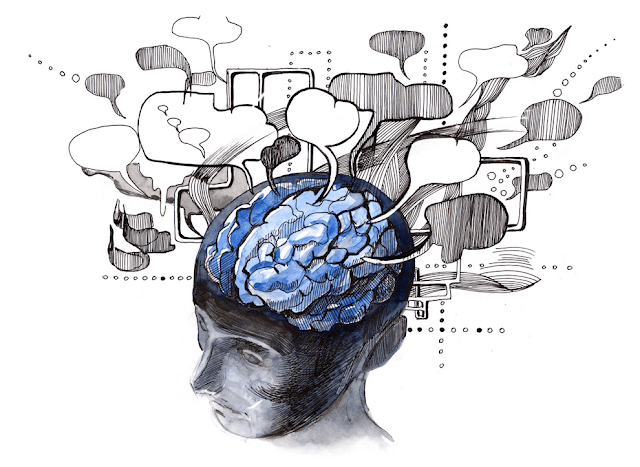Green Tea Used as Control Trigger for Activating Cell Therapies Remotely
Green Tea Used as Control Trigger for Activating Cell Therapies Remotely
"A team of researchers with East China Normal University and First Affiliated Hospital of Shenzhen University has found that it is possible to use green tea as a control mechanism for activating cell therapies remotely. In their paper published in the journal Science Translational Medicine, the group describes testing the use of green tea as a control mechanism and how well it worked.
As part of efforts to develop new treatments, medical scientists have been looking into cell-based therapies—but a means for delivering a given therapy to a targeted cell or group of cells must be available. One such technique under study is the use of remote-control systems in which a drug triggers the release of a therapeutic agent when it reaches its destination in the body.
As part of efforts to develop new treatments, medical scientists have been looking into cell-based therapies—but a means for delivering a given therapy to a targeted cell or group of cells must be available. One such technique under study is the use of remote-control systems in which a drug triggers the release of a therapeutic agent when it reaches its destination in the body.
In this new effort, the researchers looked into the possibility of using protocatechuic acid (PCA), a metabolite produced by the body when green tea is consumed, as a trigger for several types of cell therapies.
They started by engineering human embryonic kidney cells to activate in the presence of PCA. They found that PCA could be used as a switch to turn such cell activity on and off. They introduced the engineered cells into mice and fed them green tea. They report that doing so worked just as planned—when the mice drank the tea, the desired cells were activated. The researchers then studied whether green tea could also be used to improve targeting with CRISPR gene editing.
They found that it could by creating trigger-inducible expressions systems. Next, the researchers studied the use of green tea as a means for remotely controlling cells implanted into diabetes patients in an attempt to restore pancreatic function. Once again, they found that it was, indeed, possible in mouse models—and also in diabetic monkeys.
The researchers note that using green tea as a control mechanism did not lead to any noticeable side effects such as an inflammatory response or increases in white blood cell counts. They suggest their approach demonstrates that green tea can be used as a remote-control mechanism for use with a variety of cell therapies."
They started by engineering human embryonic kidney cells to activate in the presence of PCA. They found that PCA could be used as a switch to turn such cell activity on and off. They introduced the engineered cells into mice and fed them green tea. They report that doing so worked just as planned—when the mice drank the tea, the desired cells were activated. The researchers then studied whether green tea could also be used to improve targeting with CRISPR gene editing.
They found that it could by creating trigger-inducible expressions systems. Next, the researchers studied the use of green tea as a means for remotely controlling cells implanted into diabetes patients in an attempt to restore pancreatic function. Once again, they found that it was, indeed, possible in mouse models—and also in diabetic monkeys.
The researchers note that using green tea as a control mechanism did not lead to any noticeable side effects such as an inflammatory response or increases in white blood cell counts. They suggest their approach demonstrates that green tea can be used as a remote-control mechanism for use with a variety of cell therapies."
Source: medicalexpress.com




Σχόλια
Δημοσίευση σχολίου